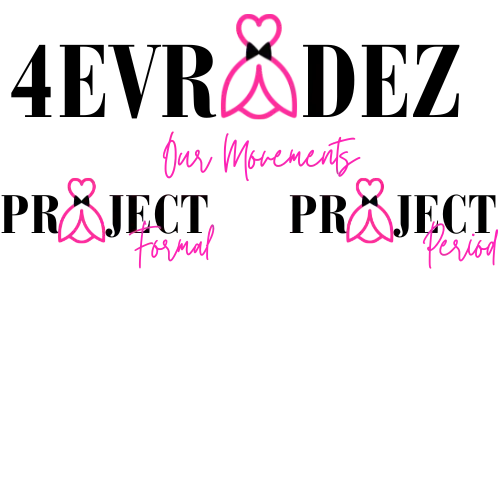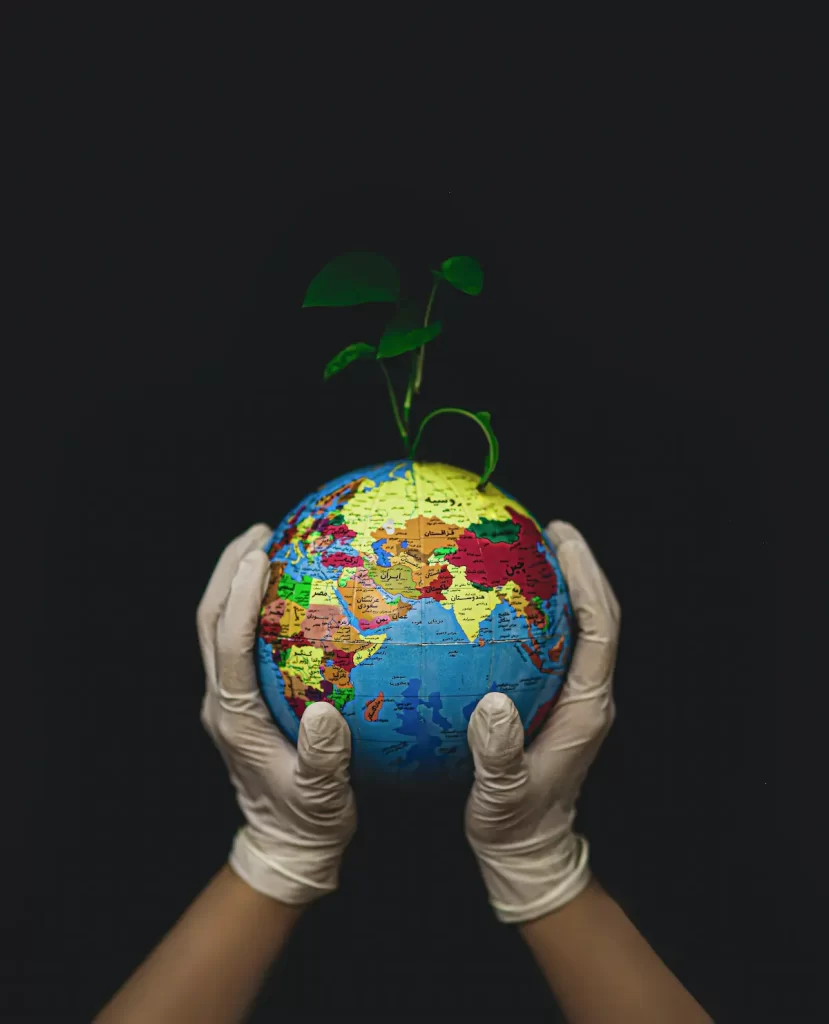Skip to main content
Skip to footer
Understanding the Muscular System: Your Body’s Powerhouse
Restoring the one who has hit rock bottom
Conexion HFL MEDIA GROUP’s Business Networking Social!
4EVR DEZ, Inc.: Empowering Northwest Florida Students through Compassionate Outreach
Fairmont Mayakoba and Make-A-Wish Mexico Fulfill Carlitos’ Dream of Visiting the Beach
May is Women’s Health Month – Let’s Talk, Laugh, and Check In!
An Earth Day Marked by Cuts and Inequality
BuzzRx® Partners with Chicanos Por La Causa to Expand Access to Prescription Assistance for Communities in Need











